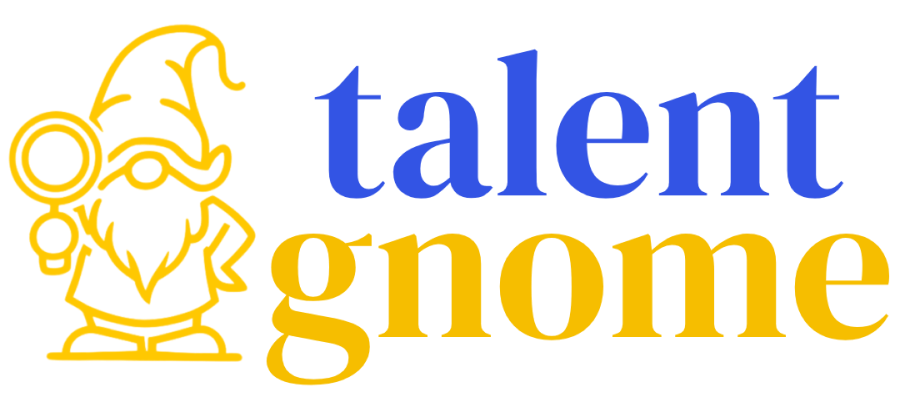Freelance or full-time? That’s the question many businesses face when bringing new talent on board. Each option has its strengths, but which is better? With the rise of freelancing and shifting work environments, it’s essential to understand which option best suits your business needs. Let’s explore the key factors and help you make the most informed decision.
Cost Efficiency
One of the most important factors when hiring is cost efficiency. Freelancers and permanent employees present entirely different cost structures.
- Freelancers: Freelancers are generally more cost-effective for short-term projects or highly specialized tasks. You won’t have to worry about paying for benefits such as maternity leave, employee insurance, or retirement plans. You pay them only for the work they deliver, which makes them ideal for one-off or seasonal projects.
- Permanent employees: On the other hand, hiring a full-time employee requires a more significant upfront investment. You’ll cover the salary, benefits, taxes, and other costs of onboarding an employee. However, for ongoing work that adds long-term value to your company, the consistent contribution of a permanent hire can outweigh the costs over time.
Flexibility vs. Stability
Every business has unique staffing needs, and understanding whether flexibility or stability is your priority will guide you in choosing between freelance and permanent hires.
- Freelancers: Freelancers bring flexibility to your business, allowing you to ramp up your workforce as needed. This makes them an excellent choice for project-based work, peak seasons, or when specialized skills are needed on demand. You can hire a freelancer and let go without the constraints of traditional employment contracts.
- Permanent hires: While freelancers provide flexibility, permanent employees offer stability. They form part of the core structure of your company, focusing on long-term goals and projects. Permanent hires are likelier to express loyalty and commitment to the company’s success.
Skill Specialization
When deciding which type of worker to bring on board, consider the kind of expertise you need.
- Freelancers: Freelancers often possess niche expertise that allows them to tackle highly specialized tasks. Whether you need a copywriter for a marketing campaign or a software developer for a specific feature, freelancers typically bring a wide range of industry experience.
- Permanent employees: However, if your business requires someone with deep, company-specific knowledge, a permanent hire may be a better fit. Over time, permanent employees become experts in your business, understanding its needs, processes, and goals, which can translate to more consistent and tailored results.
Commitment and Company Growth
The level of commitment you expect from your workforce is a vital factor to consider before deciding between a freelancer or permanent employee.
- Freelancers: Freelancers may juggle multiple clients, which means they might not be as committed to your business as a full-time employee would be. This could result in less dedication to your company’s long-term goals, as their focus is often spread across various projects.
- Permanent hires: On the flip side, permanent employees are invested in your company’s growth. They are more likely to take ownership of their work, contributing to the company’s vision and helping it grow over time. This makes them a valuable asset for businesses looking for consistent, long-term contributions.
Project Duration
When considering the type of hire, think about the length and scope of the project at hand.
- Freelancers: If you have a short-term or project-based need, freelancers can be the perfect solution. Once the project is complete, you’re not obligated to continue the relationship.
- Permanent hires: Permanent employees are more suitable for ongoing, evolving projects that require continuous support. They ensure consistency and are better suited for roles that grow alongside the business.
Hiring Process and Onboarding
Your decision is also impacted by how quickly you need to hire someone and how much time you can dedicate to training.
- Freelancers: The hiring process for freelancers is generally faster and simpler. You can find a freelancer, negotiate a contract, and have them start work quickly. They often require minimal onboarding since they are usually hired for specific skills or projects.
- Permanent hires: Hiring a permanent employee, however, is more involved. Finding the right fit often takes longer, and the onboarding process is more extensive. You’re investing in a long-term relationship, so ensuring the candidate aligns with your company culture is essential.
Company Culture Fit
Finally, consider the role that company culture plays in your business.
- Freelancers: Since freelancers are often hired for one-off projects, they might not integrate deeply into your company’s culture. This isn’t a problem for short-term work but could be an issue if you want long-term alignment.
- Permanent employees: Permanent employees, by contrast, help shape and contribute to the culture. They’re more invested in your company’s values and long-term goals, making them a better fit for businesses where culture is a top priority.
Which Is Right for Your Business?
Ultimately, hiring a freelancer or a permanent employee depends on your business needs. For short-term projects requiring specialized skills, freelancers are often the best option. However, a permanent employee may be worth the investment if you need long-term stability, commitment, and culture alignment.
Expand Your Workforce With Talent Gnome
Talent Gnome specializes in connecting U.S. companies with the best global talent. From finding the ideal candidates to seamless onboarding, we match your unique project needs with world-class professionals.
Build your team with Talent Gnome today, and save time, money, and effort!
